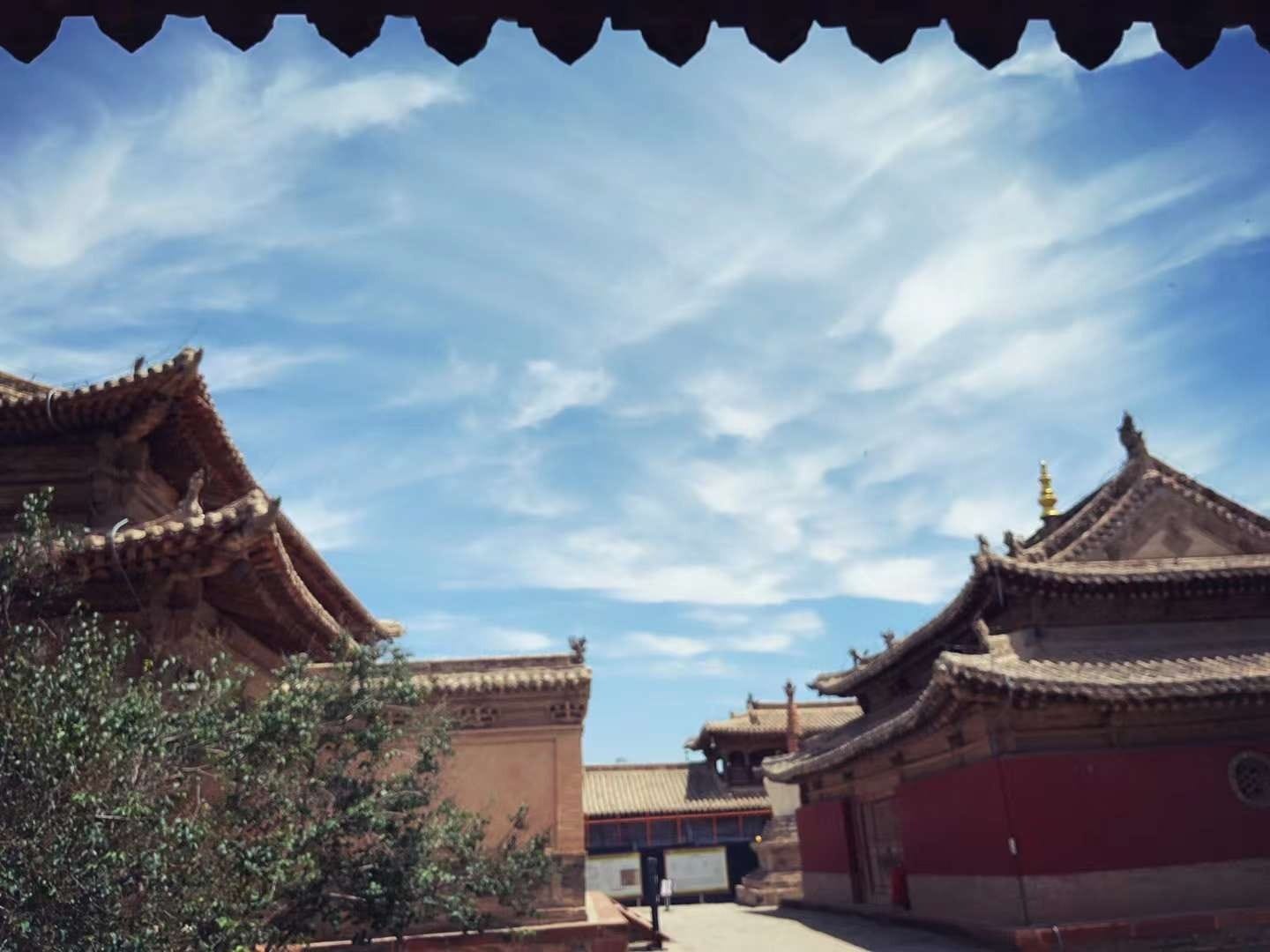In Part II of this article, I discussed the importance of the throat (pharynx) in treating latent diseases because it is where antigen recognition and immune activation take place. In other words, the throat is the battleground where the body’s “Upright Qi” fights against the pathogens the most. It is also the alarm of the immune system. If the functions of our vital organs are compromised, our immunity will not be strong enough to kill the external pathogens quickly enough, allowing them sink into the deeper tissues and lead to chronic low-grade inflammation, which can happen anywhere in the body. When the body is able to gather enough resources to fight the latent pathogens, soreness in the throat is often one of the main signs that war is happening at the moment. When the body is unable to clear the pathogens and has to chronically fight against it, a patient may experience chaos-like symptoms that seem to happen at random places throughout the body, and have a general unwell feeling that seems inexplicable.
The immune mechanisms of the Shaoyang system is explained in the classical Chinese medical text Treatise on Cold Damage and Miscellaneous Diseases (Shang Han Za Bing Lun 傷寒卒病論), Line 97: “When the Blood has become weak and the Qi has been exhausted, the pores and grains of the skin will become loose and open, allowing pathogens to move into the body. The pathogens will battle with the body’s Upright Qi, (and if it’s unresolved,) they will tie at the subcostal region. When the Upright Qi and pathogens battle, a person will develop recurring flaring ups of any symptoms; the person tends to be low in spirit/energy levels and have low/unstable appetite. Because our Zang (the storing) and Fu (the processing) organ systems are connected with each other, when the pathogens are lodged in a higher location and the pain is manifested in a lower position, causing nausea and/or dry retching to happen. [These symptoms are] treated by the Minor Bupleurum Decoction.”
【血弱氣盡,腠理開,邪氣因入,與正氣相博,結於脅下。 正邪紛爭,往來寒熱,休做有時,默默不欲飲食,臟腑相連,其痛必下,邪高痛下,故使嘔也。小柴胡湯主之。】




